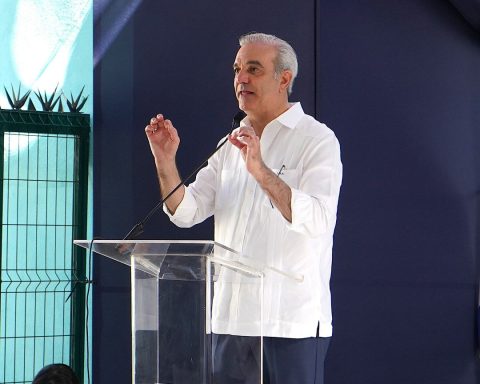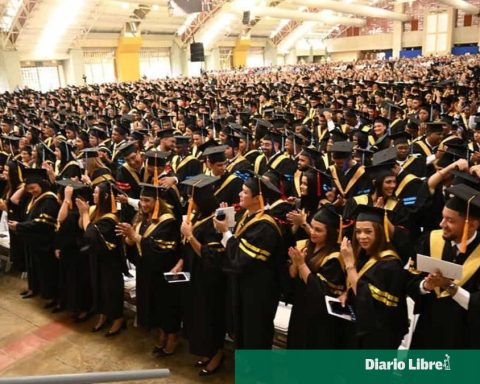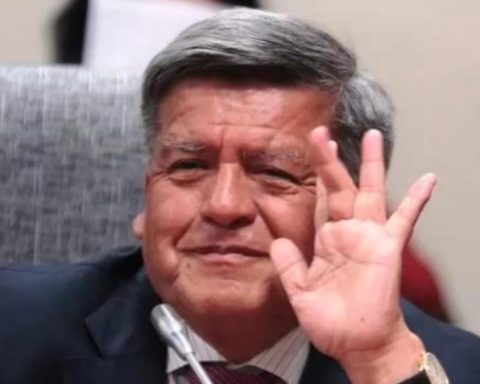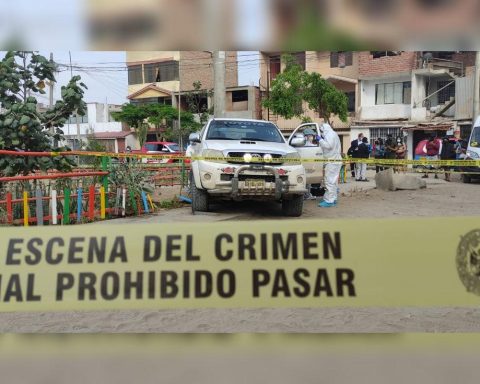56 years ago, on a summer Sunday, just like yesterday, with a thunderous voice the little newspaper vociferated: “4,000 workers from the State sugar mills will be fired”, thus not only announcing the main news of the day but also the birth of the first evening newspaper of the Dominican Republic: El Nacional de ¡Now!
It was September 11, 1966 and it was conceived with the concept of ¡Now!, to maintain the connection with the main magazine that was published in the country at that time.
But with the passing of the years and the rapid changes in the information highway, the concept had to be adapted to modern times.
So, El Nacional de ¡Now! became El Nacional, La Voz de Todos.
It has been an avant-garde medium throughout its history, a defender of Universal Human Rights and the just causes of the Dominican people. This newspaper has undergone several redesigns, maintaining its informative line and editorial firmness, thus becoming a reference channel in the country since its foundation.
El Nacional played a significant role during the political period 1966-1978, a time when journalism was one of the highest risk jobs in the country.

Through his timely analyzes and with his intelligent and vibrant editorials, he managed to bring the society of that time to a level of balance, erecting a retaining wall against the violence, deaths, disappearances, arbitrary imprisonment and intolerance that since the Joaquín Balaguer’s presidency was executed against any opinion that reflected some type of sympathy towards revolutionary democratic positions.
Since its inception, it has been one of the newspapers with a strong presence in the protest processes of Dominican society, and in the strengthening of the democratic system.
So much so that even the most critical have had to see it as a vertical spokesman, which for more than half a century has been present in the important social, economic and historical events that marked the Republic in this period. A permanent companion through time and the history of the Dominicans.
Despite its 56 years of existence, El Nacional has been a newspaper that has not stayed in the past, and it continues to be a vigilant media outlet with respect to society and aware and innovative in the face of the changes that society demands on a daily basis, for which he undertakes from time to time to stay ahead of the curve; and sparing no effort, it has also gained a first-rate space in its digital edition, with permanent validity and updates.

Background
Rafael Molina Morillo is an essential name in the history of Dominican journalism. He was the founder of the magazine ¡Now!, on January 15, 1962, which became a weekly organ that played a fundamental role in the fight for public liberties after the fall of the tyranny of Rafael Leonidas Trujillo, when reactionary sectors of the extreme right sought to maintain their validity in public life.
Due to the denunciations of the magazine ¡Now!, those sectors, on October 5, 1965, after the revolution of April of that year, dynamited it, destroying its machinery and offices where it was published.
With the ruins of the weekly newspaper still smoldering, Molina Morillo decided to create El Nacional, to guarantee an informative and guiding voice that would circulate in the streets of the entire country every afternoon.

Both El Nacional and the magazine ¡Now! they would become pulpits for denouncing the outrages and violations of the rights of citizens, both during the period of the Triumvirate that assumed power after the coup against the democratic government of Professor Juan Bosch, and in subsequent years, during the governments of then President Joaquín Balaguer.
In July 1979, El Nacional became the first written media outlet of what is now the Corripio Communications Group, when businessman José Luis Corripio Estrada acquired the majority of the shares of Publicaciones Ahora, the company that publishes this newspaper.
The evolution
For the founder of El Nacional, Molina Morillo, newspapers are living entities and as such they have to evolve.

He explained that in its more than half a century this newspaper had significant changes, although he admitted that the first ones that were made were not calculated, but spontaneous, children of the circumstances of the moment.
However, he recognized that the most recent design change gives El Nacional a new dynamism without altering its essence, its personality, its vibration.
Commitment
The editorial of the first edition reflected the commitment of the journalists, who assumed the responsibility of carrying out their work with their backs to the sectarianism that at that time covered society.
This meant that the facts and events would be served without omissions, without distortion or delay for the readers.
The commitment assumed by the editorial staff was to always tell the truth about what happened.















